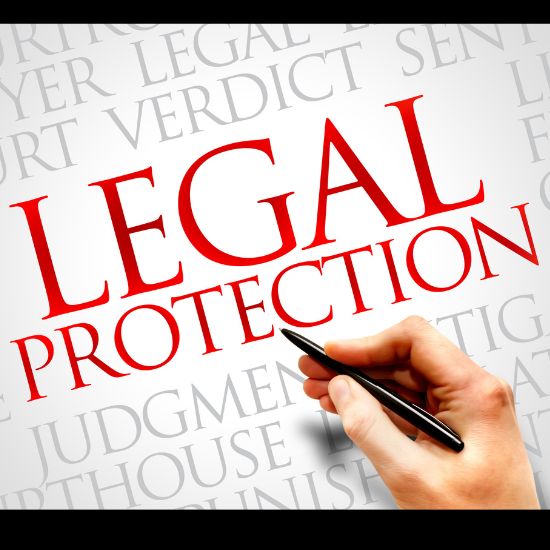There’s a new rule on the books for landlords in San Francisco, Oakland and other California cities. Buildings with 10+ residential units must be fully registered with the local rent boards. That means each unit’s unique “stats” must be on file (and updated annually) in a central data base hosted by the Rent Board. The data must include the names and contact information of individual tenants.
What is a Rent Registry?
It’s data. Lots of it, supplied by the landlords of each qualifying rental unit they own and/or manage. The data required can be broken down into three categories:
Information on the Unit
-
- The Unit Number or Letter (12B, #6 etc.)
- Services included in the price of rent such as internet access, laundry, parking
- Square footage, number of bedrooms/baths
- Business contact information for owner/manager
- Occupancy status of unit
Information about Rent Charges
-
- Start date and Initial rent charged to tenant
- Current monthly rental charge
- Date and amount of most recent rent increase
Information about the Tenant
-
- Name and e-mail address of at least one current tenant
- Number of all occupants at start of the tenancy
- Reason previous tenant vacated
Why are Rent Registries Needed?
Some landlords will insist they are not needed. The multi-family rental housing industry initially resisted the registries, calling Rent Board demands to register properties “prying” and a potential means of entrapment of landlords for innocent procedural errors regarding rent increases and evictions.
But cities decided rent registries are needed to create better understanding for both owners and tenants regarding the rules for rental increases. Although there are strict rules in most cities regarding how and when rent can be increased, a method for tracking rent data on a unit-by-unit basis was missing.
Registries will help landlords adjust rates easily and fairly, while providing “open books” to various rent boards and tenants who may question the legality of a rent increase.
What If a Landlord Does Not Register a property?
Think of the rental registry as a place to get a fishing license. If a landlord wishes to fish, he or she must secure a license or risk paying a fine. The landlord who avoids registration may not “fish,” or they are considered “poachers” in the eyes of the new law. They cannot file petitions for annual allowable and banked rent increases until the unit is registered.
Also, landlords will not be able to answer tenants’ petitions. In addition, failing to register will also be an affirmative defense in most eviction cases. In other words, if landlords do not register properties by March 1, 2023, they are not in compliance with local rental housing laws; they are in a weakened legal position if they are attempting to evict tenants.
Do all Rental Properties Require Registration?
Many types of rental units are not impacted by the registry laws, such as hospitals, skilled nursing or health facilities, non-profits that support homelessness and recovery programs, owner-occupied units including single family homes, and newly constructed units completed on or after December 31, 1995.
Rent Registry Impact on Tenants
Although a tenant’s name, physical address and email address is required to complete each rental unit’s online record, the information is not publicly visible. You will have access to your own tenancy information, and you should check your record for accuracy in case a reporting error occurs. The intention of the registry is to empower tenants to correct any false information that appears in the records.
San Francisco required landlords to register their units by July 1, 2022. Starting in 2023 reporting must be completed annually by March 1. Oakland landlords are on a longer timeline, with initial registration required by March 1, 2023. Berkeley has had this type of apartment registration for years.
Rent registration is a new program for both landlords and tenants. The gathering of large amounts of data is a big job and mistakes happen. Be aware of the new rules. If you see a potential problem with your registration data, contact a tenant rights organization or a tenant rights attorney.


 (415) 533-0735
(415) 533-0735 (415) 843-0496
(415) 843-0496